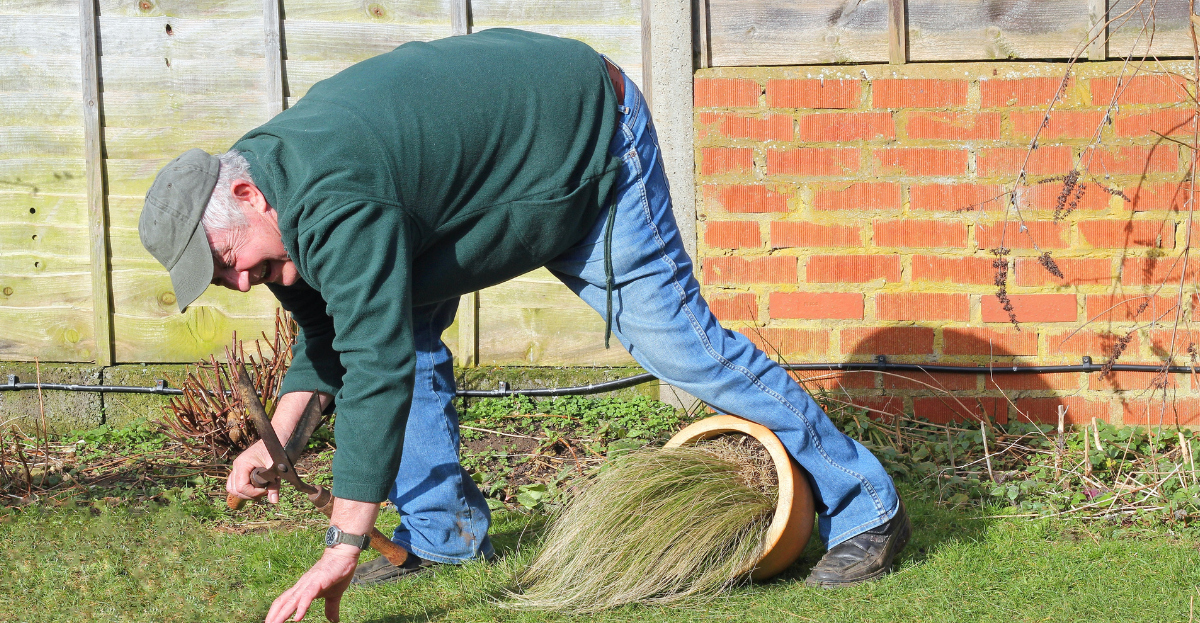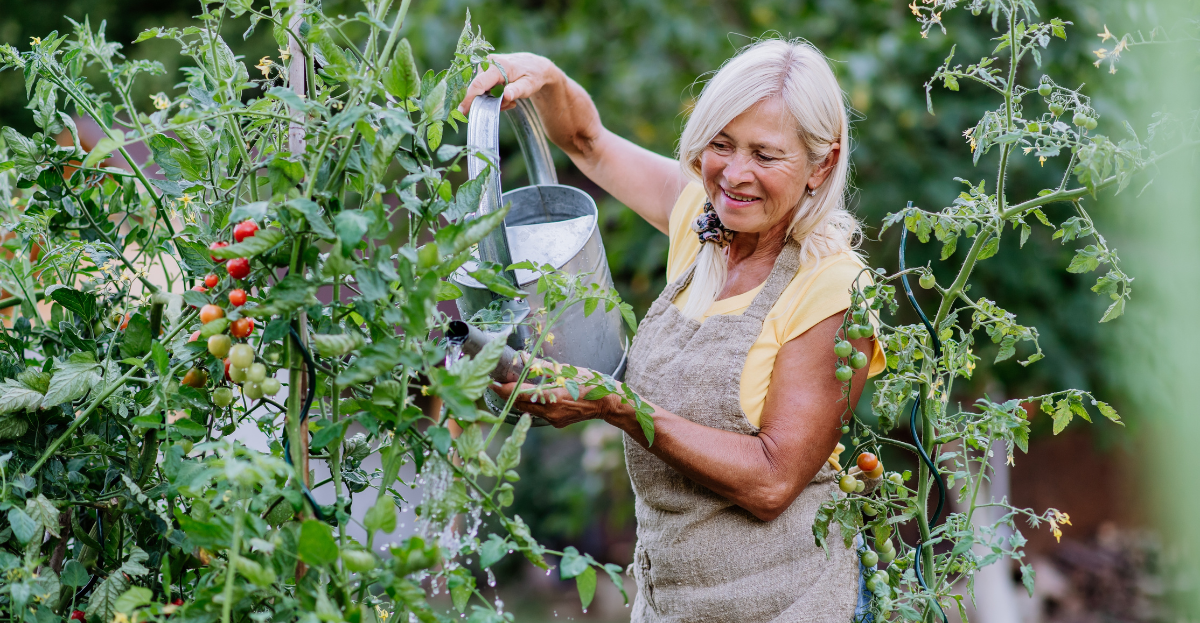Safe & sound on your allotment: Top 10 tips to avoid injuries
Your allotment should definitely be a place of joy and well-being! There’s nothing quite like a day spent on your plot – fresh air, hands in the soil and the satisfaction of growing your own. But gardening is really equivalent to a full-body workout, and without a little care, those hours of digging and weeding can leave you with more than just a bumper crop ....

1. Warm Up Like a Pro
Before you pick up the spade, take five minutes to gently mobilise your body. Think of gardening as a form of exercise. Try some arm circles, gentle twists, and a few squats. Warming up gets your muscles ready for action and can help prevent strains.2. Mix Up Your Movements
Repetitive tasks – like digging, planting, or hoeing can overload certain muscles and joints. There are several injuries that are caused by overuse or unaccustomed use, and repetitive tasks provide the conditions to trigger pain. Be creative in your allotment and break up your work into lighter/heavier tasks, ensuring that you do a mixture of both throughout the day. Try switching activities every 20–30 minutes and use both sides of your body if possible. For example, if you’re hoeing, swap hands regularly to share the load. This reduces the risk of injury and keeps their work varied and interesting.
3. Use the Right Tools
Invest in tools designed to reduce strain on your joints and muscles. Ergonomic handles that fit comfortably in your hand, lightweight materials, and tools with adjustable lengths can make a huge difference. Long-handled tools reduce the need to bend and help protect your back. Choose lightweight, ergonomic options where possible. If you’re unsure, ask your local garden centre for advice – they’ll be happy to help. Keep your tools sharp and well-maintained to reduce the effort needed. Dull blades or blunt spades require more force, increasing injury risk.

4. Practice Good Lifting Technique
When lifting heavy objects like bags of compost or pots, always bend your knees and keep your back as straight as possible. Hold the load close to your body and avoid twisting while lifting or carrying. If something is too heavy, don’t hesitate to ask for help or use a wheelbarrow.
5. Protect your joints
Use knee pads or a cushioned kneeling mat when working close to the ground. This reduces pressure on your knees and hips and can prevent joint pain and arthritis flare-ups. If you have difficulty getting back up, try using a kneeling seat which has handles to assist.
6. Take Regular Breaks
It’s easy to lose track of time when you’re in the zone, but your body needs regular rest. Stand up, stretch, and have a drink every half hour or so. Musculoskeletal injuries are more likely when you’re tired and the muscles are fatigued. Don’t keep going when you can feel tiredness set in or you start to develop pain – it’s time to take a break or call it a day. Besides, you need to sit back and enjoy the fruits of your labour for a moment or two!
7. Listen to Your Body
A little muscle soreness is normal, but sharp pain is a warning sign. If something doesn’t feel right, stop and reassess. Don’t push through pain—your future self will thank you! Perhaps most importantly, listen to your body’s signals. If you start to feel pain, stiffness, or numbness, stop and rest. Early symptoms of injury should never be ignored. If pain persists, seek advice from a healthcare professional or physiotherapist.
8. Keep your paths clear
Wear supportive footwear with good grip to prevent slips and falls and and try and avoid working in icy or slippery conditions. Make sure paths and work areas are clear of hazards like hoses, tools, and uneven surfaces. This is particularly important when you’re moving things around and your line of sight to the path is obscured.
9. Work together
Part of the fun of the allotment is the community of gardeners around you so make good use of your neighbours and ask for help if you need it. Maybe you double up and work together doing half the time on theirs and the other half on yours! This is great to share some of the heavier tasks and a great way of getting to know people all at the same time!10. Keep it regular
There’s no doubt that regular exercise is best for your body. Your muscles and joints love continuity, so the more regular your allotment sessions are, the better. If you do have an enforced break, it’s so tempting to recover the allotment that you dive straight back into the most demanding tasks, so be careful to ease back in gradually.
About the author
Paul Hattam is a musculoskeletal physiotherapist of over 30 years' experience, but also loves time in the garden at work and at home. He has yet to discover the joys of an allotment,t but is not short of offers from friends and patients to help out! Paul founded The Physios Ltd
– a leading private physiotherapy practice in Sheffield – which now enjoys an excellent reputation and offers a range of advanced services (including remote consultations).
Do look around our website because it is packed full of helpful advice and exercises.
Happy allotmenting!

